The PhD is one of the most highly regarded graduate degrees in the medical field, with opportunities in clinical research and academic leadership. This degree is an excellent choice for plastic surgeons who are interested in pursuing a career in academia. It offers students the chance to work with academic colleagues and develop new ideas. The program's focus is on acquiring a solid understanding of research methodologies. It also equips students with transferable research skills.
Most students do not have much exposure to plastic surgery, but they should be aware that it is one of the most interesting fields in the medical field. It is often considered science fiction, but there are many fascinating research opportunities in this field. This forward-thinking specialty allows for endless research opportunities. The demand for physicians is growing, and the plastic surgery field is no different. By earning a Ph.D. in the field, a surgeon can expand the academic mission of a surgery department, leaving clinicians free to focus on patient care.
During their residency training, residents receive extensive hands-on experience in the operating room. Their research interests range from cell death regulation and gene transfection to the molecular biology of skin and tissue. Their clinical training and research activities are centered on examining the role of the skin and the face. They also learn about surgical techniques in vivo. They participate in research projects at the Seattle VA and other Seattle-area hospitals.
Ph.D. in Plastic surgery Eligibility
Candidates who want to take admission in Ph.D. must have a post graduate degree in Plastic surgery and its relevant discipline with at least 55% marks from a recognized university and must have passed the national level entrance examination or university level entrance examination. National level entrance exam like UGC NET / UGC CSIR NET / GATE / SLET or University entrance exam consisting of written test and personal interview.
The Benefits of a Ph.D. in Plastic Surgery
PhDs in plastic surgery are highly sought after by surgeons because of the built-in access to collaborators and academic researchers that they provide. In fact, the number of MDs with R01 grants in their departments was significantly higher when PhD faculty were hired. This is an important benefit to surgical practice because it frees up more time for patient care. Here are some other reasons to pursue a PhD in plastic surgery.
In the US, a recent survey of surgery departments found that only 4.1% of surgeons had a PhD. The study looked at whether the number of citations and publications of PhDs was greater in the top 10 surgical departments compared to those with fewer PhDs. The data were also used to analyze the academic performance of MD faculty according to the number of PhDs within their department.
A PhD in plastic surgery is highly valued in an academic environment. Unlike a master's degree, a PhD in plastic surgery is highly competitive. Moreover, the experience gained during the MSc programme provides a good foundation for further research. Despite its short duration, the programme combines lectures, workshops, and coursework. It will help you build up a strong portfolio for further education and a career in healthcare.
The Career and Job Opportunities of Ph.D. in Plastic Surgery
In addition to a doctorate in medicine or osteopathy, a Ph.D. in plastic surgery entails a 4-year residency program. The curriculum involves advanced anatomy and physiology courses, biochemistry and pharmacology, pathology, microbiology, and general surgery. Residents also complete a clinical rotation. They work up to 69 hours per week and must have good communication and writing skills.
Graduates can choose from several specialties in plastic surgery. For example, some work in reconstructive surgery to rehabilitate body parts after trauma. They could also reconstruct a breast after mastectomy. Alternatively, some specialize in microsurgery, which involves reconnecting tiny tissues and nerves. In plastic surgery, it is common for a Ph.D. graduate to practice as a radiologist, a facial plastic surgeon, or a vascular surgeon.
In the United States, the training is a four-year process. Students must complete two parts of medical school. The first part of medical school consists of course work and laboratory work designed to prepare them for patient interaction. The first part of the training also includes advanced classes in areas such as cancer, trauma, degenerative/inflammatory disorders, and congenital anomalies. Upon graduation, students are required to pass a board examination and obtain their license to practice in the United States.
The Future Scope of a Ph.D. in Plastic Surgery
A doctorate in plastic surgery can help you advance your career and improve your patient's quality of life. This program offers a thorough understanding of clinical and scientific research. It equips healthcare professionals with the research skills they need to improve patient care and improve their communities. The course also covers the latest advancements in reconstructive surgeries, including burns and lower limb trauma. You can also read letters to the editor and book reviews about topics in plastic surgery.
The future scope of a Ph.D. in plastic surgery is vast. It is no longer defined by organ system, age, or anatomic area. This specialty deals with everything from the head to the toe. The prefix plastic is often associated with cosmetic procedures, such as liposuction or plastic surgery. But the future of this field is brighter than ever. This exciting career path will expand your knowledge of different surgical techniques, as well as the field's future.
With the increasing health consciousness among people today, many people have an awareness of different medical specialties. The field of plastic surgery has made great advances in the past decade. Yet, the general public and some medical professionals are still unsure of the field's future scope. There is little definition of this field, and the field defies a clear definition. It has no organ system, and its principles are based on principles that are a part of our lives.
Ph.D. Research Programme duration
The Ph.D. in Plastic surgery course is minimum 3 years and maximum 5 in duration. This depends on the university offering the course.
Fees for research programme for Plastic surgery
The average fee for Ph.D. in Plastic surgery degree is between INR 50000 and INR 500000.
 5 Years
5 Years
 PhD
PhD
 Research
Research







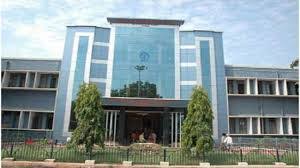

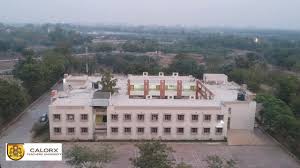

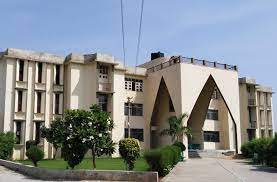
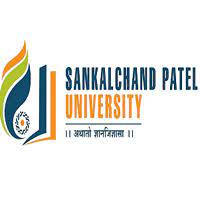


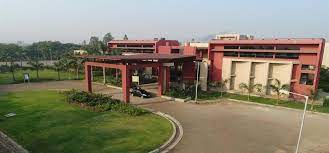

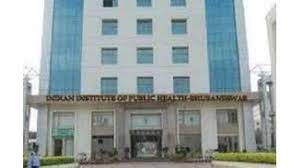



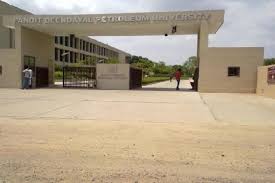

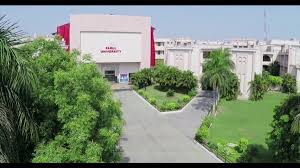
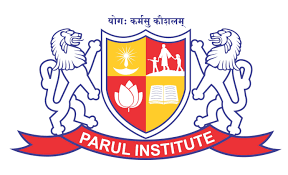

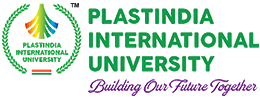
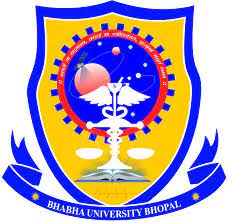


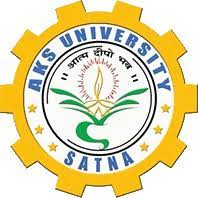



 back
back